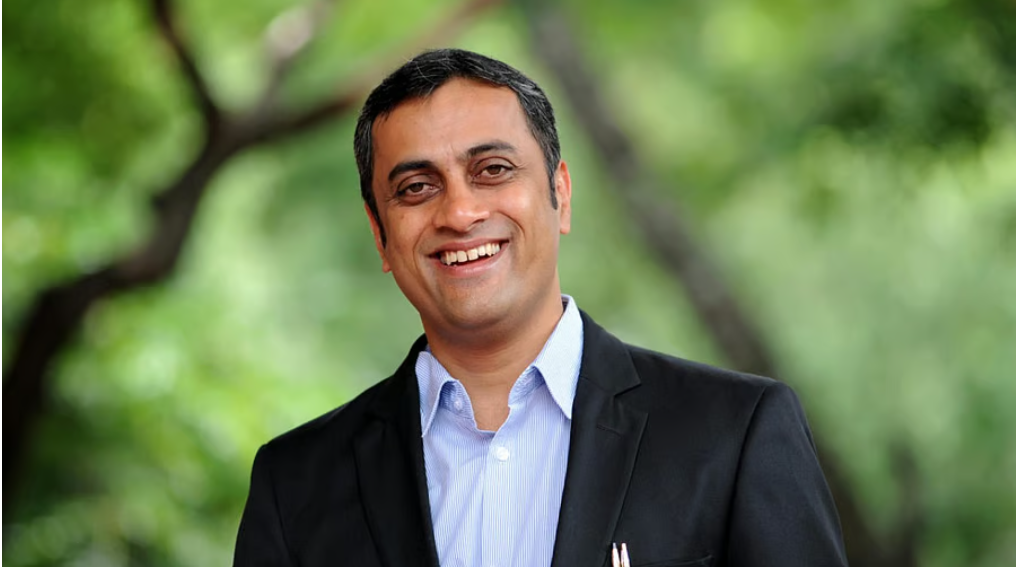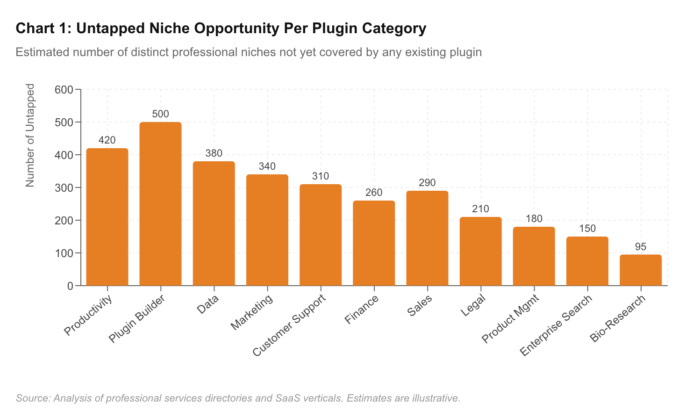99 not out

On the occasion of his 99th birthday, “The Times” shared an op-ed from Sir David Attenborough.
My earliest memory of the ocean is of a tropical lagoon. Ammonites rose and fell in the warm water column, occasionally propelling themselves forwards, their curled ram’s horn shells surprisingly streamlined in the water.
This tropical lagoon was in fact in my imagination, fired as I explored the old limestone quarry near my childhood home in Leicester, some 60 miles from the coast.
For a small boy in the 1930s this was a marvellous place for adventures, and the knowledge that millions of years ago it would have been a warm and wild lagoon only increased its appeal. Here I could spend days searching for treasure buried in rocks laid down in ancient tropical seas. Holding the fossils of long-dead sea creatures that I had chipped out of the rock, knowing my eyes were the first ever to see them, ignited my curiosity. I would spend much of the rest of my life wondering what lived below the surface of the ocean.

(Sir David in 1979 filming “Life on Earth”)
I have been fortunate enough to live for nearly 100 years. During this time we have discovered more about our ocean than in any other span of human history. Marine science has revealed natural wonders a young boy in the 1930s could never have imagined. New technology has allowed us to film wildlife behaviour I could only have dreamt of recording in the early stages of my career, and we have changed the ocean so profoundly that the next 100 years could either witness a mass extinction of ocean life or a spectacular recovery.
To date we have done such a good job of telling the stories of demise and collapse that many of us can all too easily picture a future ocean of bleached reefs, turtles choking on plastic, sewage plumes, jellyfish swarms and ghost towns where fishing villages were once full of life. There may be much to fear in the near future, yet it could also be the most exciting time to be alive.
We know already that the ocean can recover. Mangroves and kelp forests can regrow, whales can return and dying coastal communities can flourish once again.
We now understand how to fix many of the biggest problems we face as a species, and we have centuries of progress to draw on for inspiration. Indeed, in the past 100 years alone we have dramatically reduced infant mortality, suppressed many of our most feared diseases, increased access to education and healthcare, acquired scientific knowledge that has transformed our understanding of the world and co-operated on global issues to a degree never seen before.
Young children playing on a beach today will live through perhaps the most consequential time for the human species in the past 10,000 years. They will grow up to see how this story ends, to see how our choices play out. If we use our great discoveries, apply our unique minds and direct our unparalleled communication and problem-solving skills to restoring our ocean, then those children will bring their own into a world where the biggest challenges our species has ever faced have already been navigated.
They will witness decades of recovery and restoration. They will see shoals of fish, roosts of seabirds and pods of whales beyond anything anyone alive has ever laid eyes upon. They will experience the rebirth of coastal communities and the turning point in the stabilisation of our climate. But more than that, they will live in a world where our species, the most intelligent to exist on Earth, has moved beyond trying to rule the waves and instead has learnt to thrive alongside the greatest wilderness of all.
I will not see how that story ends but, after a lifetime of exploring our planet, I remain convinced that the more people enjoy and understand the natural world, the greater our hope of saving both it and ourselves becomes.
The whole piece is beautiful – he goes on to share some of his favorite maritime encounters.
The note, though, was spectacular. I am hopeful he’ll be relieved at how the story ends and reflect with pride on his contribution.










